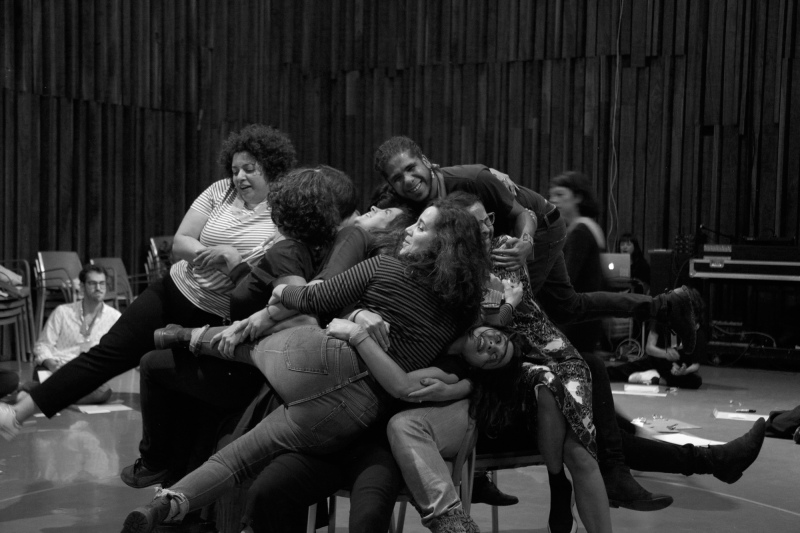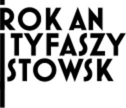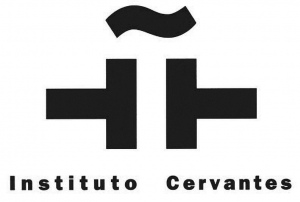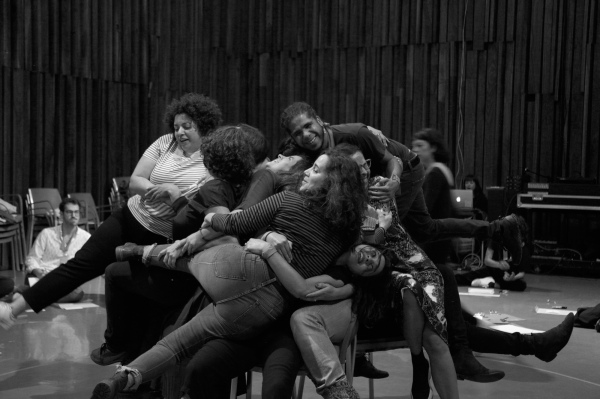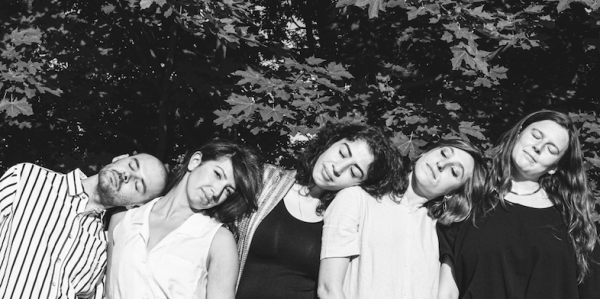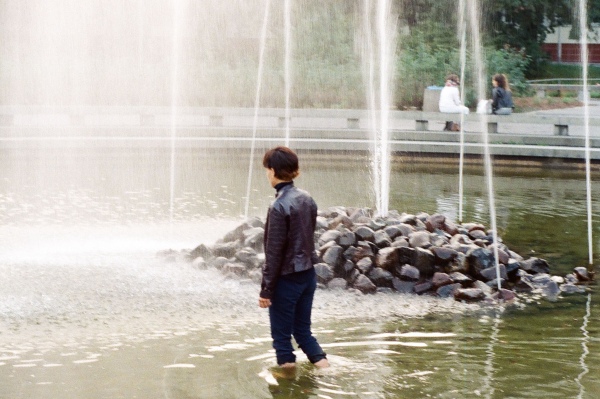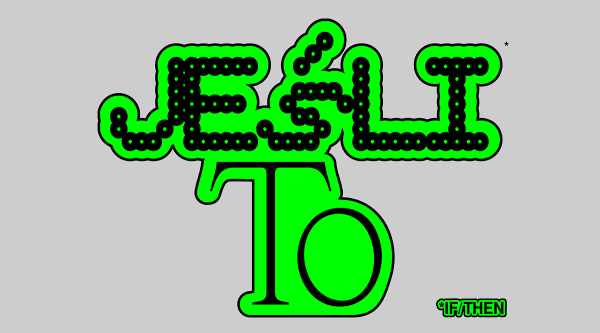gathering
Empathic Pedagogies
-
The International Network of Empathic Pedagogies [Red de Pedagogias Empaticas]
-
is formed by cultural institutions and independent agents from Mexico, Costa Rica, Colombia, Chile, Brazil, Spain, Norway and Poland. Together they share a common welfare perspective for social change, and are dedicated to explore the hybridisations and liminal practices between artistic and educational fields. They hold international and local meetings, create study groups and laboratories for the development of community strategies, analysis tools, self-criticism methods and practices to implement in their work spaces and public programmes.
-
-
-
Casa do Povo [literally People’s House]
- in São Paulo was built in the 1940s as an anti-fascist cultural space – so distant but unfortunately again so relevant. It hosted Brazilian's pedagogical and performing arts vanguards and became a stronghold of cultural resistance to Brazilian dictatorship. It fell into decay from 1981 to 2012, but since then it has regained strength, fosters processual artistic and socially engaged practices. Now it works in a close relationship with its neighbourhood, sheltering 25 different collectives. Casa do Povo's programming expands the notion of culture, incorporating a large array of activities beyond artistic practices, from health and caring to community issues, in constant dialogue with its curatorial axes: to experiment with artistic formats; open up art and culture to other practices; connect with its surroundings; focus on processes more than results; be collective and socially engaged; and deal with memory in order to shed critical light on present times. Porous, mutant and critical, the programming allows the institution to structure itself without becoming rigid; to reinvent itself without growing precarious; and to internationalise without giving up its local relevance, namely in order to experiment with other forms of existence. In this endeavour, the audience is not a target, but rather an active participant who, in addition to visiting, can also propose activities, making the space a locale for encounters, development and experimentation: a living monument, a place where to remember is to act.
-
TEOR/éTica
- is an independent, private, non-profit organisation located in San José, Costa Rica. Both its name and its ethos imply theory, aesthetics and ethics. Since it was founded in 1999, this project has operated as a platform for research and the diffusion of contemporary artistic practices, with an emphasis on Central America and the Caribbean. TEOR/éTica aims to be an agent for spaces of doubt, questions, debates and thought pertinent to the context it operates in, in dialogue with global realities. Working from one of the world’s most violent, unequal and challenging regions, TEOR/éTica advocates for art as a common space from where to generate research, collective study and resistance against hegemonic discourse and conservative forces. Through exhibitions, talks, workshops, publications, grants, and a specialised archive and library, it procures spaces – both symbolic and physical – of encounter, study and conversation about contemporary artistic practices and their engagement with social and political realities.
-
Bergen Assembly
- is a perennial model for artistic production and research that is structured around public formats taking place in the city of Bergen every three years. Bergen Assembly’s flexible model is reinvented for each edition, responding in particular to the need for alternative temporalities of art production and experience within an oversaturated information culture, where attention itself is increasingly commodified and subject to pressure. Bergen Assembly originated from the Bergen Biennial Conference in 2009, which was a response to a proposition by the municipality of Bergen to establish an international biennial for contemporary art in the city. The conference discussed the question “To biennial or not to biennial?” with international curators, artists, and academics, and was followed by The Biennial Reader (Hatje Cantz/Bergen Kunsthall, 2010). To date, this remains the most comprehensive publication on the history and practice of biennials or regularly occurring exhibitions and events in a global perspective. The education and mediation platform of Bergen Assembly 2019 takes traditional forms of mediation, such as guided tours or family visits, as a starting point, but twists them slightly. Instead of reproducing information, the mediators focus on utilising the triennial as a place for exchange, offering the opportunity to share experiences and knowledge, seeking positions that are unforeseen and remain open to the unexpected.
Recommended
Today at U–jazdowski
